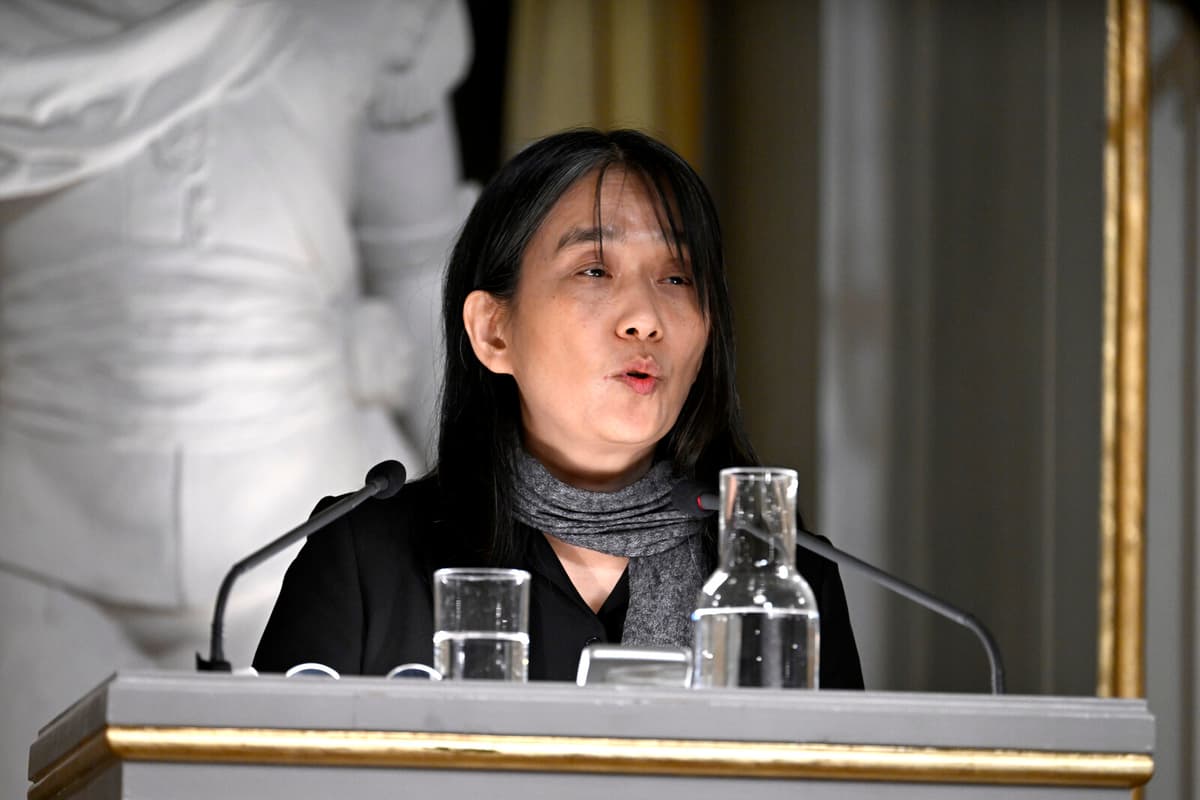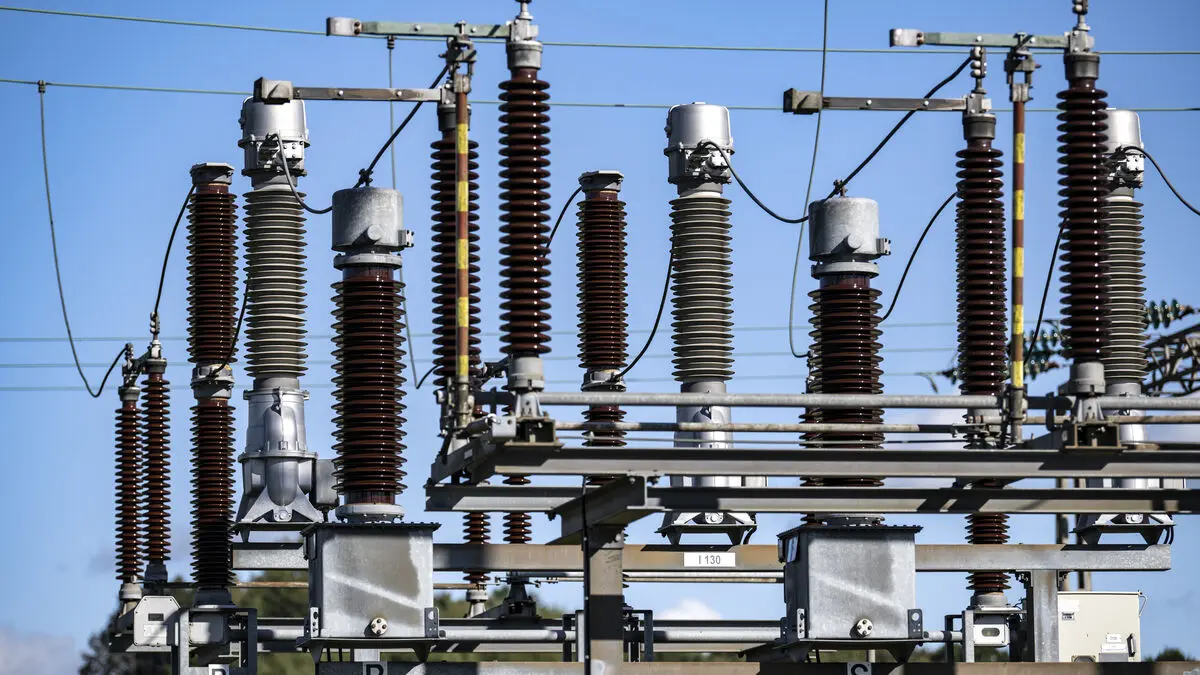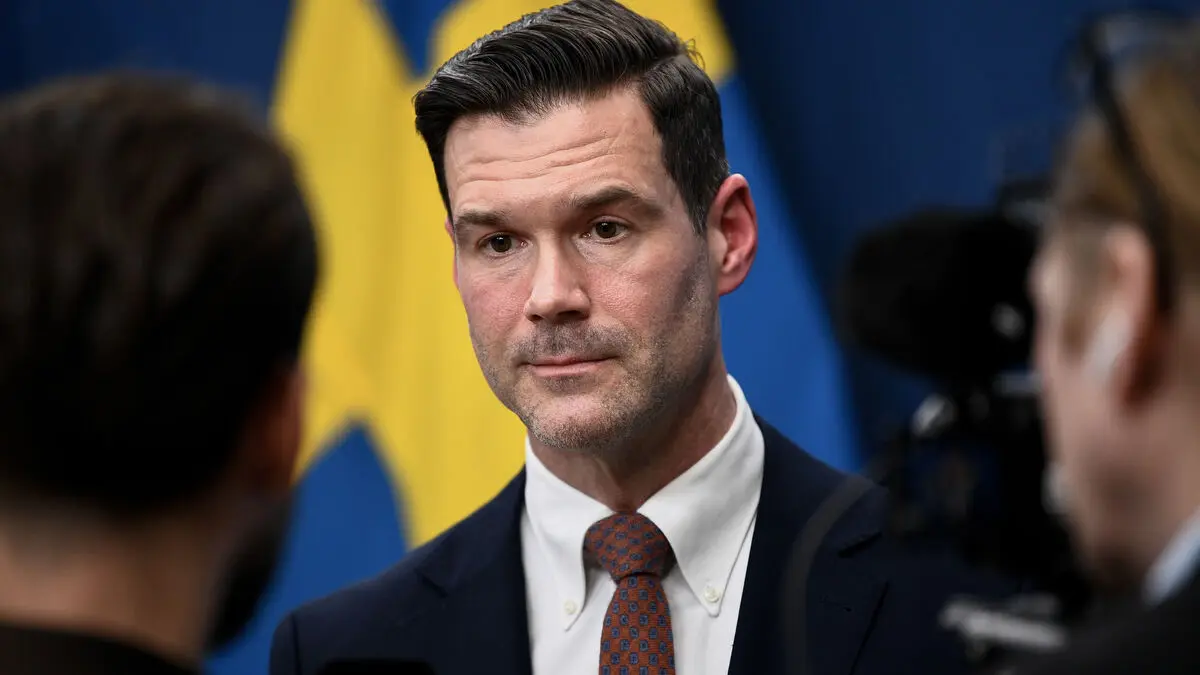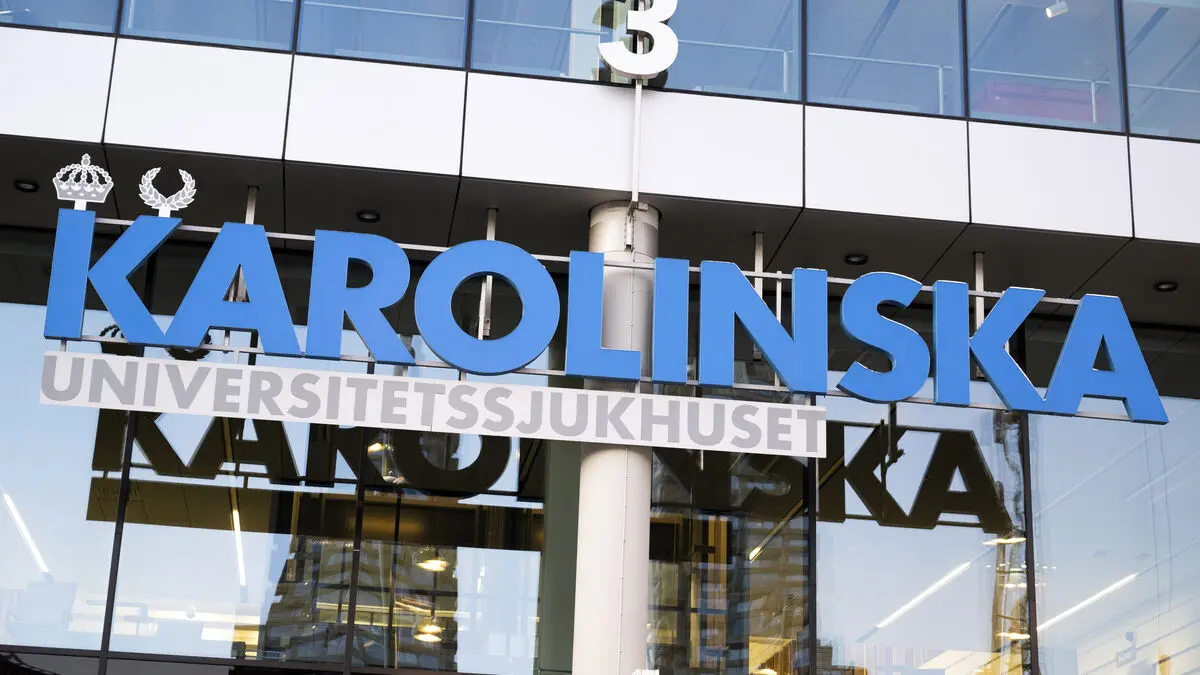The Romans that Han Kang writes are like links in a chain, where new questions constantly arise that the author takes on in her next book. This is what the South Korean author explains when she delivers her Nobel lecture at the Stockholm Stock Exchange, in a quiet, almost whispering voice.
On Friday, she held a press conference at the same location, and told how shaken she was by the political unrest currently unfolding in her home country, South Korea. In her Nobel lecture, she speaks precisely about the violence - but also the love - that humans are capable of, and which she dwells on, book after book.
In "The Vegetarian", she began to explore how deeply the rejection of violence can go. The novel "Leave, the Wind is Blowing" takes off, with the insight that we cannot reject the world just because we want to reject violence.
Trust was shattered
Han Kang began to ask herself: isn't it by looking at humanity's most tender sides that we can survive? But even if she wanted to write "towards light and warmth", something was holding her back.
At the age of 12, she saw a documentary photography book from Kwangju, her hometown. Barely four months after her family had moved away from there in 1980, a massacre of students and civilians took place in the city, under the military dictatorship. She depicted the massacre in the book "Living and Dead", after taking part in witness reports where she confronted humanity's darkest sides.
Her trust in humanity was shattered - so how could she embrace the world? It was only possible through writing, says Han Kang.
Love is most important
Just a couple of years ago, the author had a new insight. From her first novel to her last, she has turned to love. Already in her diary as a child, she wrote that love is "the golden thread that binds our hearts together".
In good moments, Han Kang feels that "language is a thread that unites us, that my questions are connected to this thread in which life's light and electric current flow".
Finally, she expresses her deep gratitude.
To all the people who have let themselves be connected to the thread, and those who may come to let themselves be connected, she says, and lowers her voice even more, before it is drowned out by warm applause.
Born: 1970.
Grew up: In Kwangju and later in a suburb of Seoul. Her father was also an author.
Books: "The Vegetarian", her third novel, was published in 2007 in South Korea and 2017 in Swedish. She has also published poetry, short stories, and short essays. In Swedish, "Living and Dead" (2016), "The White Book" (2019), and "I Don't Say Goodbye" (2024) are also available.






